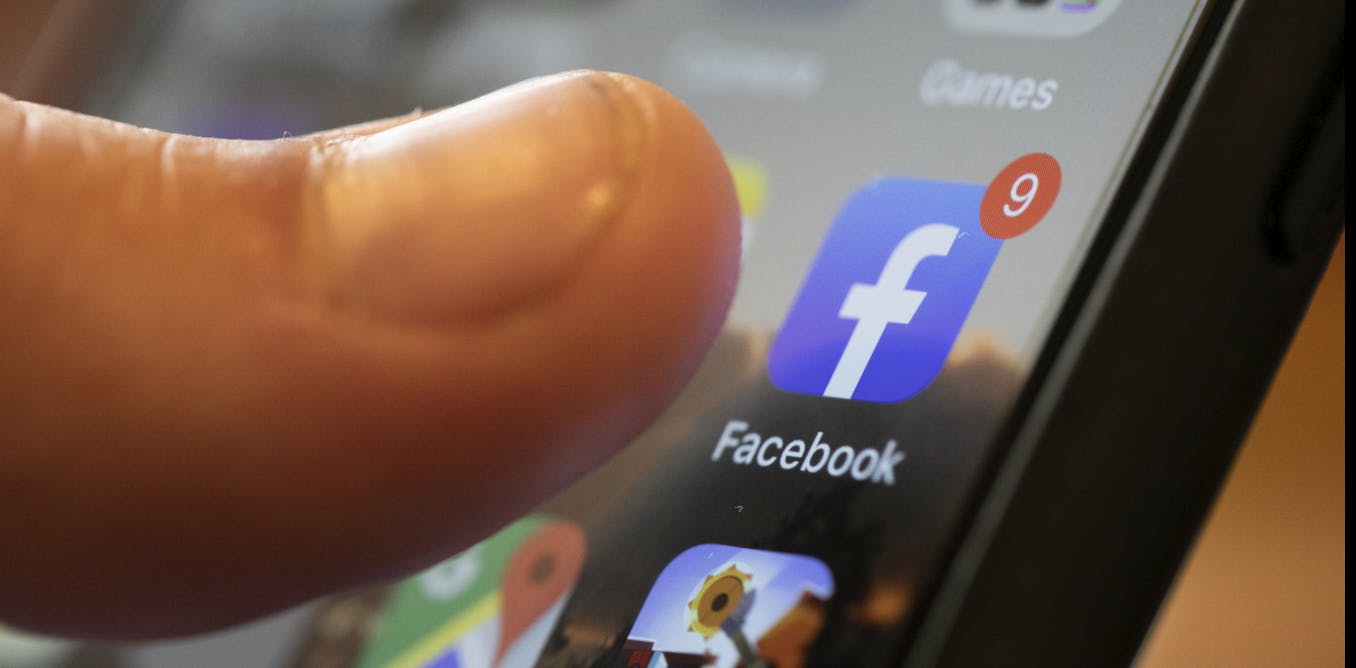Disinformation is rampant on social media – a social psychologist explains the tactics used against you
Disinformation campaigns often use a set of rhetorical devices that you can learn to spot, like conspiracy narratives, good versus evil framing, and revealed secrets.
Dec. 7, 2023 • ~11 min










